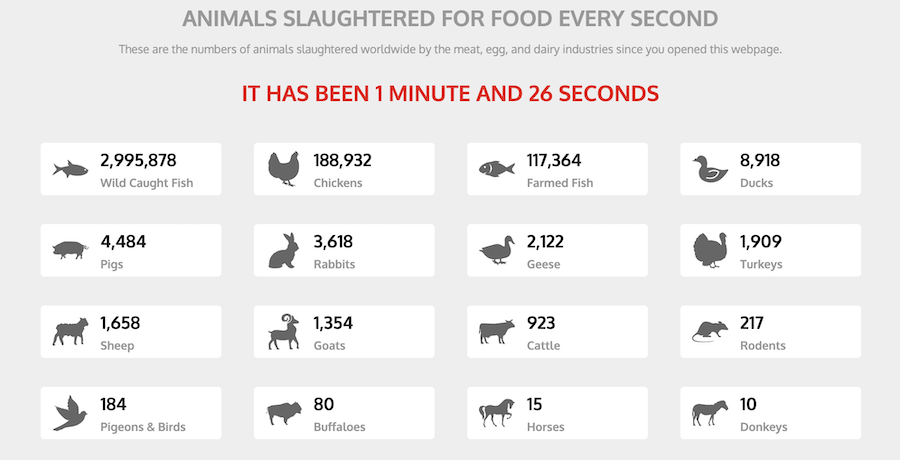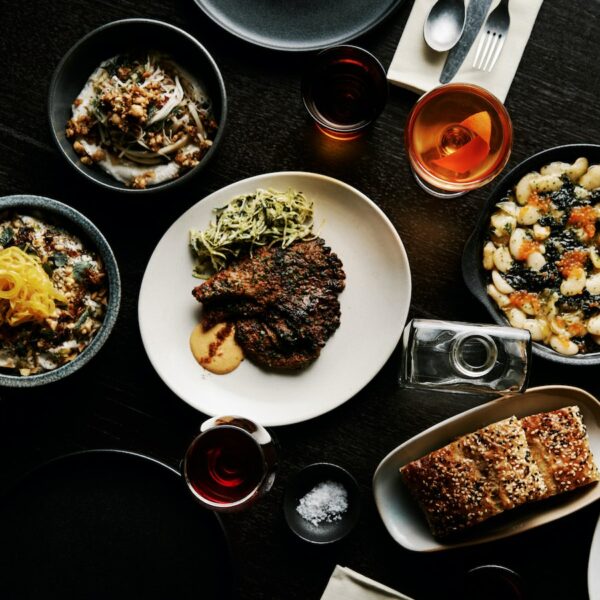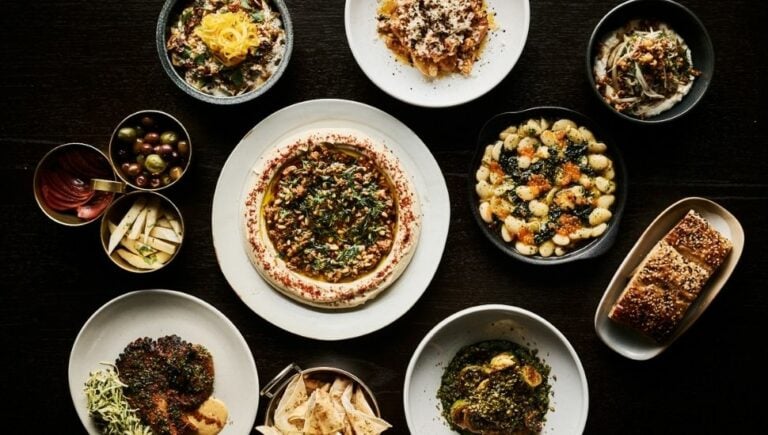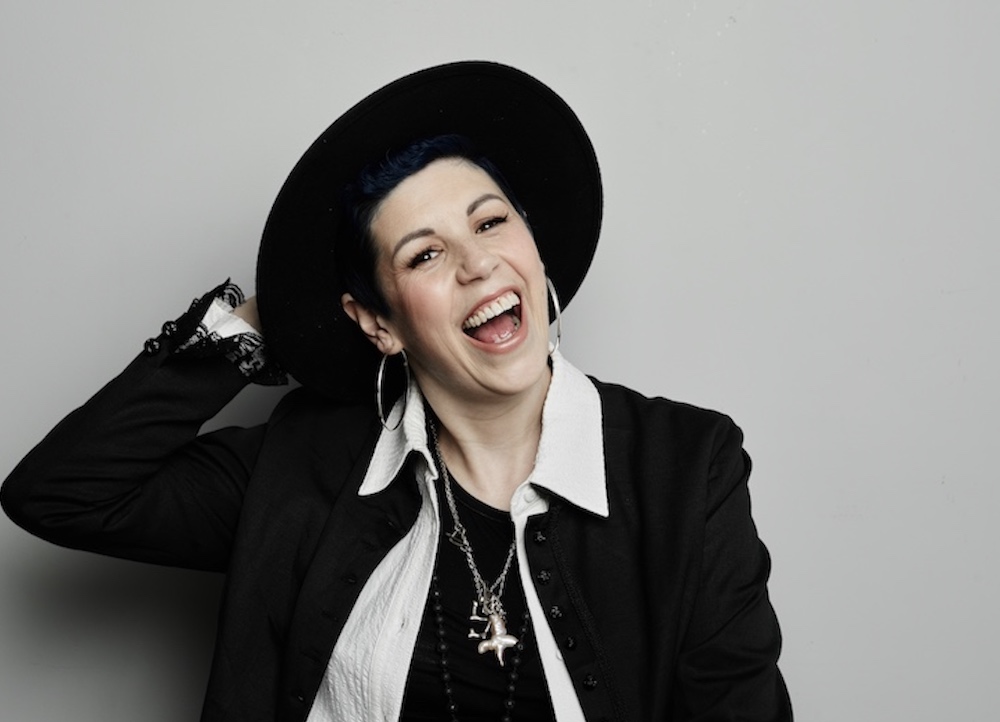Picture this. You’re sitting in a room, in a country far away from your own, full of the world’s greatest chefs. Each one is given 15 minutes to talk about the issues within the food industry that are of most importance to them. As expected, the topic of sustainability is the plat du jour.
Each chef discusses how they are personally addressing the issue within their restaurants. Buzz words start flying around the room like a swarm of locusts. Renewable, local, carbon footprint, regenerative, biodiversity, and the crowd favourite, ethical. But there was one word that was missing. One word that when you’re discussing how to better the world through the way we eat trumps them all: Vegan.
This was the position in which I found myself a few years ago. Sitting in a room surrounded by people I respected greatly. Their passion for food and the industry we all love was both inspiring and undeniable. But as each chef finished their speech and another took their place, I quickly came to realise that vegan food wasn’t even a topic for conversation. That was of course, until I took the stage.
To say it was an intimidating experience was an understatement, but I knew that I’d probably never have the chance to speak in front of such an important audience again. So, I went for it. The large screen behind me that previously displayed images of happy cows on rolling hills and small pole-fishing boats was abruptly replaced with the confronting United Nations’ ‘Animal Kill Clock’, a real time counter of the animals killed for food globally.

Even for people that spend their entire lives immersed in food, the numbers are unimaginable and it was obviously quite shocking for everyone in the crowd. My intent was not to shame or accuse but to merely show another side. Why was the only alternative to try and save an overfished species like the blue fin tuna, simply to be replaced by our overfishing of another?
Scientists say that the ocean could be fully restored to its former glory in less than 30 years. That’s less time than a career of a chef. Imagine what we could collectively do if all those great minds got together to really attack the issue at its core. The results would cause a trickle-down effect that would change the world as we know it.
In a time where leading fashion houses such as YSL, Gucci, and Versace have committed to ending the use of fur due to the cruelty to animals, why is it that the world’s leading restaurants aren’t following suit? Is it ego? Is the quest for Michelin status really worth the destruction it is having on our environment and animals?
If chefs committed to not just using ‘sustainable’ animal products but rather focused on reducing the use of them, channeling their efforts into creating world-class plant-based dishes, you would soon find that it would cause a global shift in the way we all eat.

As leading fashion houses set the trend for what we see in stores in our local shopping malls, the world’s top restaurants and chefs set the trend for what we eat. As an industry, we need to do better, and understand the power of the influence that we hold within our rough, scarred hands.
We need to change the way we see food and its dated elite-status mentality. The archaic practice of squeezing eggs from a live fish, or fattening the liver of a goose by force-feeding, will soon be looked down upon and future generations will condemn it as a time where we unnecessarily tortured animals for a few delicious bites.
My speech that day was not to lecture the industry about using animal products, but more to ask the question of why do they always need to be on the plate, and how we as an industry can use our knowledge and influence to make change. Real change.


































